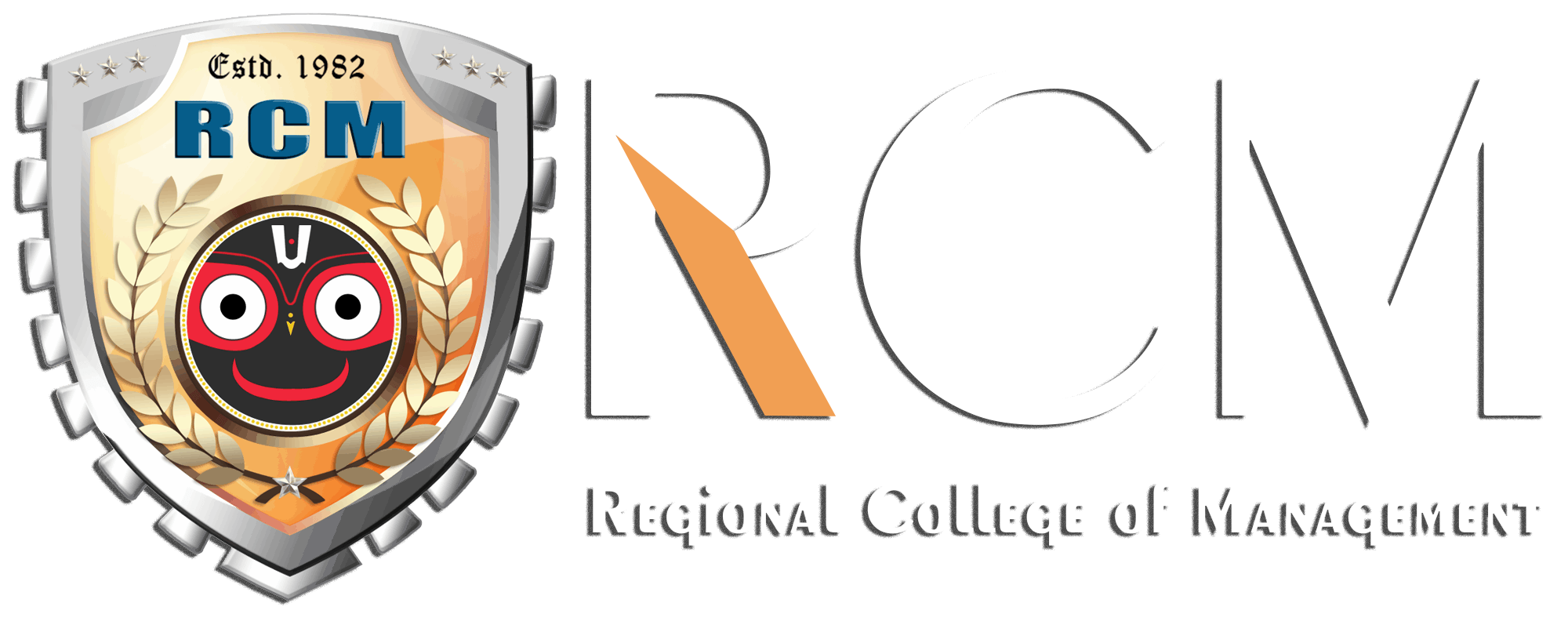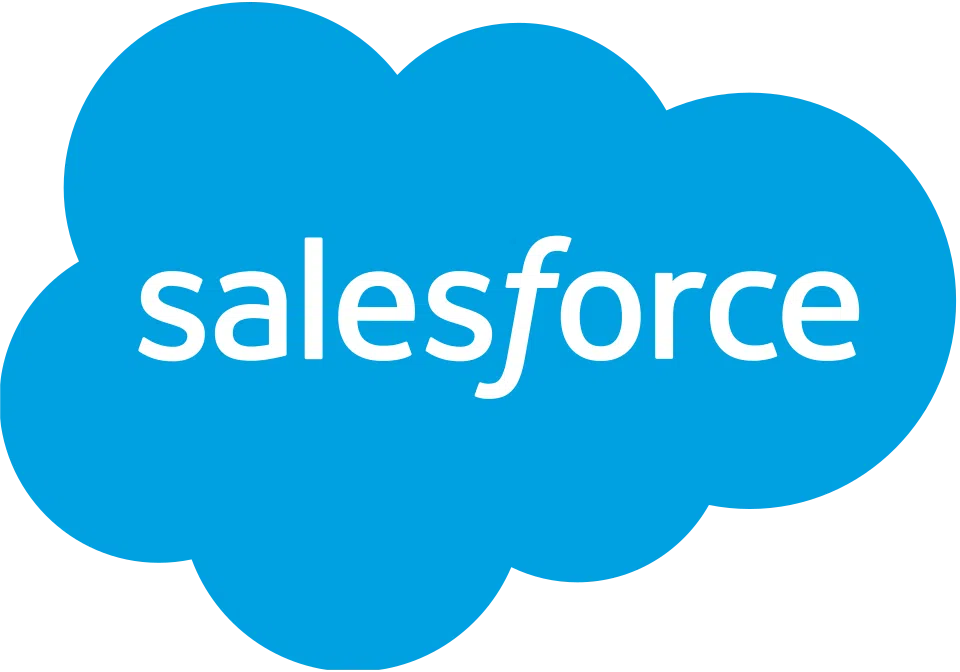When it comes to the cost factors, many students choose to rethink about their decision to take up an MBA Course. The average tuition fees at a prestigious B school for an MBA program can exceed 15 lakhs INR. So, students are right to be concerned about the cost of getting into an MBA program.
The time taken to repay student loans or to reiterate the cost of an MBA program can depend on the student’s financial conditions. In this article, we’ll be discussing about the things to keep in mind when it comes to your decision to invest in an MBA program.
With any other investment, you have to determine if you get the best ROI out your MBA. What is an ROI? It is Return of investment that lets you understand the true value of your financial investment. And how will you measure the value of an MBA?
You will need to figure out how to calculate the return and, for that to happen, you have to take several factors into account. Is your primary concern related to future earnings? Are you more dedicated towards the quality of the work you’ll have to do when you’re done with your degree?
Whichever way you choose, the decision to pursue an MBA is personal, and therefore, the importance to calculate the value is predominant.

Factors To Consider Before Going For MBA.
MBA Starting Salaries
The high cost of an MBA program is compensated with a high starting salary. With this, you will see a positive return value or ROI after completing your degree.
The value of the network created
Pursuing an MBA can give a lot of intangible value to an aspirant. Due to this, the traditional formulae of ROI might not lead to the exact numbers of ROI. An intangible value is the present value of excess earning power of an entity over the normal rate of return.
The advantages related to an MBA degree are enormous. The chance to interact with successful people in the corporate sector, the brand association that follows you are just some of the intangible benefits that increase the ROI of an MBA student.
The Opportunity Cost
Many students already have existing experience before opting for an MBA program. The salary that one earns while doing an MBA is also included in the ROI. This is commonly known as Opportunity Cost that is associated with going through an MBA program.
Long term projection
Long term salary expectations account for raises and other income for an MBA graduate. These are chances for an income hike that they will earn over time. They can then use this projection instead of a starting salary to calculate the salary-to-debt ratio.
The duration for the increase in salary may vary, where about 10 years is the typical length of time. The graduate can then compare their projected salary of 10 years with the 10-year salary without an MBA degree as another of ROI factors.
Be sure to include personal priorities in your MBA ROI calculation
Questions about the ROI of an MBA generally focus about expected salaries and career advancement. Defining your motivation and intangibles is equally important. For instance, will you be satisfied with the type of work you do after an MBA degree that goes beyond the shackles of salary?
Could you value the network that you gained more than the salary you receive? Or does the prospect of gaining life experiences make an investment of any amount worthwhile?
Whichever it might be, sort out what is more worthy for you and then use those factors as part of your criteria for evaluating MBA programs.
In Conclusion
In today’s competitive world, companies seek out candidates for jobs with robust experience and a solid education—something an MBA program can undoubtedly provide.
What’s even better is that business schools recognize the fact that MBA aspirants usually juggle multiple obligations, be it work or family. While the traditional on-campus framework is still available, you’ll also find plenty of programs that are accelerated, online or in a hybrid format. At RCM, our MBA programs are made exclusively, keeping in mind the various needs of the students.
The classes at RCM for MBA program are incredibly flexible while focussing solely on the growth of the students to the highest degree.
Our Master of Business Administration (MBA) program is designed to prepare you to manage and lead enterprises that create value for stakeholders in a global business environment. Using a case-based approach, the program prepares you for the dynamic marketplaces in a challenging world.
Want to secure a good career in your preferred niche? We got you sorted. If you are interested to know more about our MBA course, clink on the link below.





















